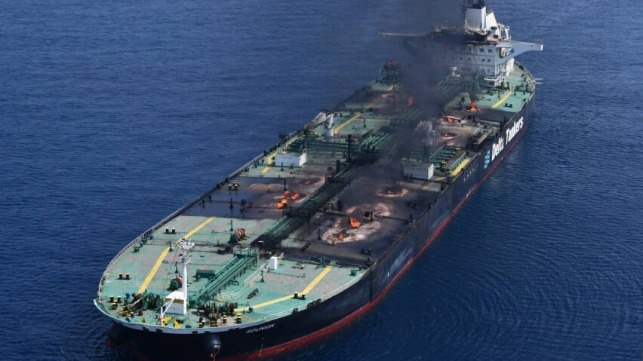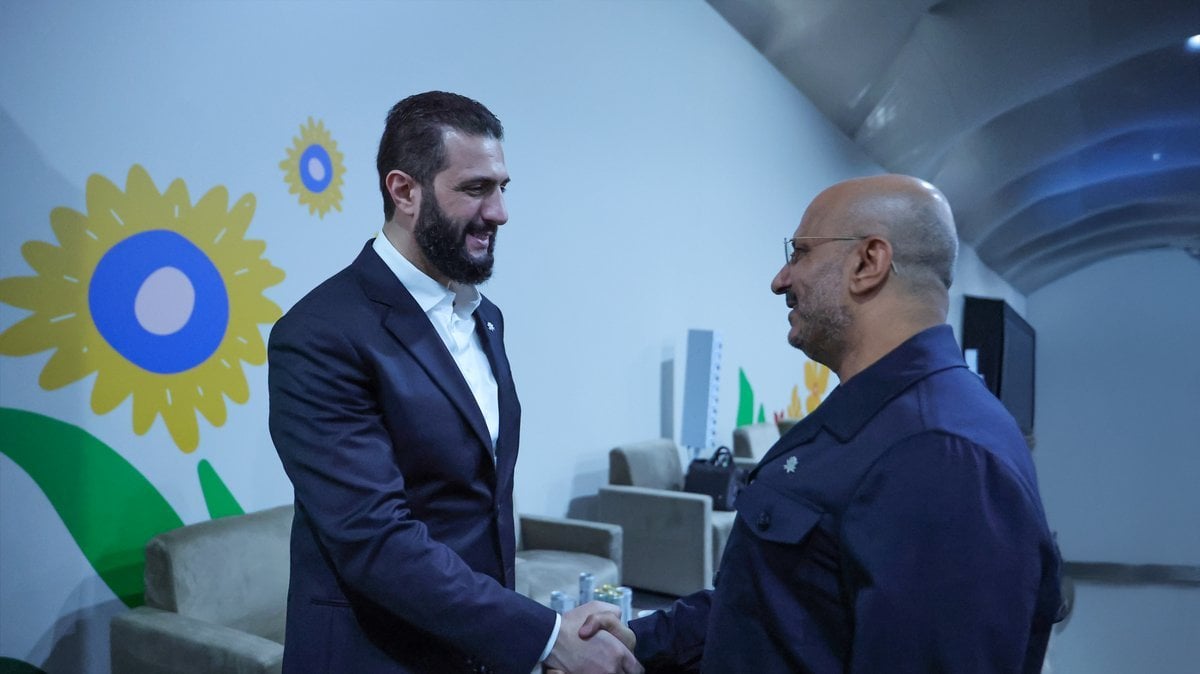Houthis Announce End of Red Sea Shipping Attacks

In a significant change in direction, the rebel Houthi leadership in Yemen have declared that they will bring to an end their declared campaign against maritime interests connected to Israel.
Since the US-Houthi ceasefire mediated by Oman in May, Houthi attacks on shipping were in theory limited to attacks on vessels with links to Israel. But the Houthis in the past have frequently been inaccurate in their targeting, meaning that most Western-linked shipping lines opted to avoid the Red Sea, for fear of being targeted by mistake. But now that the Houthis have declared they will for the moment cease all attacks, this general threat has been lifted, and normal traffic flows through the Red Sea and Suez Canal can be expected to resume (after a period of watchful waiting). Safe access to the Red Sea will provide a much-needed financial boost for the Suez Canal Authority, but will hurt the balance sheets of ocean carriers, which have benefited from Cape of Good Hope diversions.
The Houthi change of heart was announced in a released copy of a letter sent by the newly-appointed Houthi Chief of Staff Major General Yousef Hassan Al Madani, whose predecessor Major General Mohammed Al Ghamari was killed in an airstrike - along with the Prime Minister and most of the cabinet - on August 28. Al Ghamari has generally been credited with being the architect of the anti-shipping campaign and the missile attacks on Israel.
The Houthi letter announced that not only would they cease their attacks on Israeli-linked shipping, they are also planning to lift their 'blockade' on Israeli ports - which was largely implemented by firing ballistic missiles at random targets in Israel. Hence a general all-clear is now in place, save that the Houthis have pledged to remain loyal to the Hamas cause, so a collapse of the agreements reached over Gaza could presage a resumption of Houthi hostilities.
It is not clear why the Houthis have chosen to declare a ceasefire at this point, save that it has been clear that in recent weeks the Houthi inner circle's leadership has felt under significant pressure, chastened by the effects of Israeli and US air raids both on their missile and drone infrastructure but particularly by the casualties inflicted on their senior leaders. The Houthis could have responded by talking up the threat posed by external enemies, to cement internal loyalties. But instead, they have pursued the course of peace - which promises economic rewards from the Saudis and others, such as the back-payment of government salaries owed to those working in Houthi-controlled areas.
The Houthis may also have been worried that with reconciliations afoot in the region - such as that between President Ahmed Al Sharaa of Syria and Yemeni National Resistance Leader Tareq Saleh, seen together recently at COP30 in Brazil - they may have become isolated politically had they carried on with their anti-shipping, anti-everyone campaign. There will be no acknowledgements or credit claimed, but the persuasive, mediating hand of Oman is evident in the Houthi change of heart.

that matters most
Get the latest maritime news delivered to your inbox daily.

Syrian President Ahmed Al-Sharaa met with Tareq Saleh, Deputy Chairman of the Yemeni Presidential Leadership Council, at the Climate Summit Conference (COP30) (Syrian Presidency)
